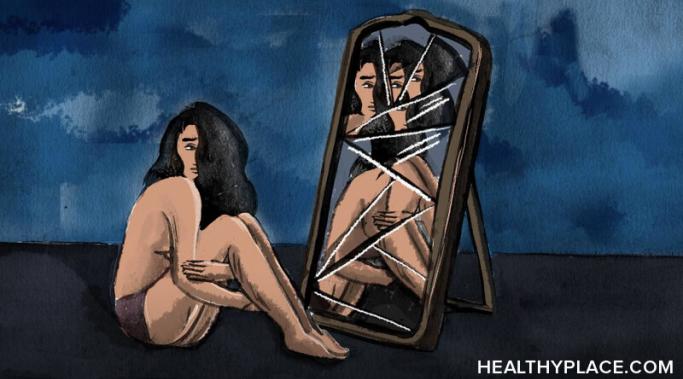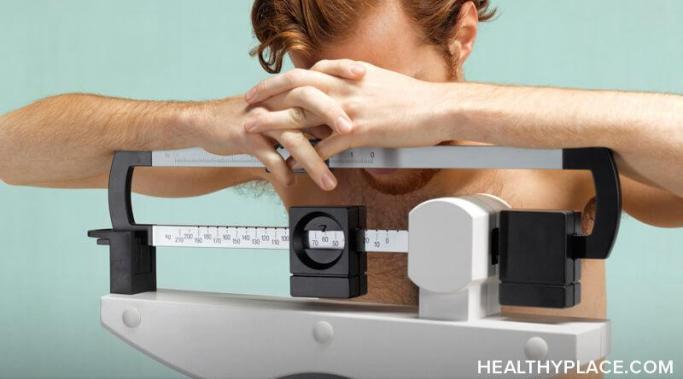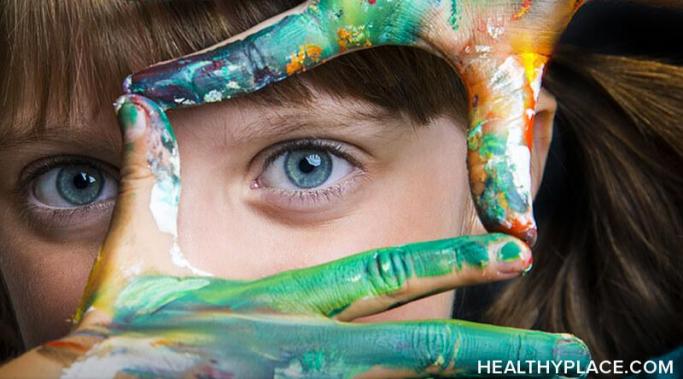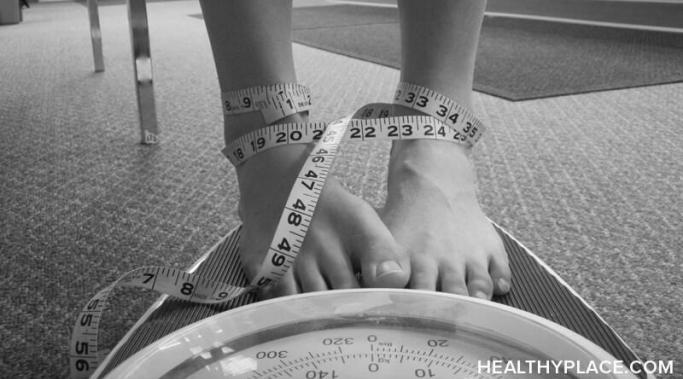Talking about your eating disorder recovery story and your struggles with an eating disorder can feel intimidating, exposing, or overwhelming. But when you reach a stable, consistent place in eating disorder recovery, that inner nudge to share your eating disorder recovery story is often disarming, healing and empowering—both for yourself and others.
Eating Disorders Recovery
Feeling your emotions in eating disorder recovery can be unsettling at first. Eating disorders strive to brush uncomfortable emotions aside—to ignore the tension and medicate the suffering—but deep-rooted anger, insecurity, fear, grief, loneliness, rejection or similar emotions must be named and felt in order to achieve sustainable eating disorder recovery. Instead of masking the pain with harmful behaviors, it's crucial to acknowledge, identify, express and feel your emotions. This practice of tuning into your own emotionality creates space for self-awareness, compassion, acceptance and, ultimately, healing.
Positive affirmations in eating disorder recovery can be life-savers. "I am more than a body," is one of the most crucial eating disorder mantras to adopt because one of the harmful myths an eating disorder will urge you to believe is that physical appearance is all you can offer this world. But the truth is you are more than a body. Adopting positive affirmations in eating disorder recovery helps you heal, and here's what makes this one affirmation crucial.
Eating disorders not otherwise specified (EDNOS) are frequently stigmatized and misunderstood in mainstream culture, like most forms of mental illness. Many who lack firsthand experience tend to label eating disorders as a rich and thin white woman’s issue, but the reality is that eating disorders affect people of all backgrounds and demographics. They transcend racial, gender, and socioeconomic barriers. They are diverse and non-discriminating. In other words, anyone can be an eating disorder sufferer, even those who don’t “fit the mold.” And that’s one reason eating disorders, especially EDNOS, are so dangerous—they're often a challenge to detect.
Eating disorder recovery is filled with realizations; some are happy finds and some are painful ones. But we need both types of realizations to accept our imperfection and move forward in it. For over a year now, I’ve been committed to writing the Surviving ED blog for this community. I’ve loved it and it’s time for me to say goodbye. But I'm not leaving without passing on a firecracker of my most stunning realizations in eating disorder recovery.
Why wouldn't exercise have a place in eating disorder recovery? There's no denying that bodies are designed for movement. In fact, exercise offers health benefits that we need in order to thrive, both physically and mentally. Being active helps us manage stress, boost our moods and feel more energized. It redirects our attention off social media or smartphones, so we can be mindful of how our breathing deepens, muscles contract and bodies function. When used for balance, enjoyment and wellness, exercise is a positive lifestyle choice. But for those of us recovering from eating disorders, exercise could turn into a compulsion.
My name is Mary-Elizabeth Schurrer (but for convenience sake, call me Mary-Beth). I’m honored to join HealthyPlace’s Surviving ED blog. I hope we can engage in honest, authentic and meaningful conversations about the triumphs and struggles of eating disorder recovery. But first, here’s some background on my own path to healing from anorexia nervosa.
It's important to show empathy to yourself and others in eating disorder recovery. It’s vital for our loved ones to be able to show empathy for us as we journey towards recovery. It’s also vital to be able to show empathy for ourselves because empathy will help to keep us in eating disorder recovery. Here’s how to show empathy to yourself and others in eating disorder recovery.
Negative body image in eating disorder recovery is often the last thing you let go. It’s said that a negative body image is the first thing to come and the last to leave. Hating our bodies is a theme even though eating disorders aren’t really about what our bodies look like on the outside. Here’s the reason negative body image in our eating disorder recovery is the last thing we let go.
What if numbing out pain with food is an unhealthy solution, not an addiction? What if I told you that you weren’t addicted to food? What if I told you that you didn’t have a problem with food at all? What if I told you that the problem was the discomfort beneath your skin, that urge to squirm and itch and run. The discomfort under your skin is what you’ve been trying to numb out. The food is just the solution you’ve come up with.









